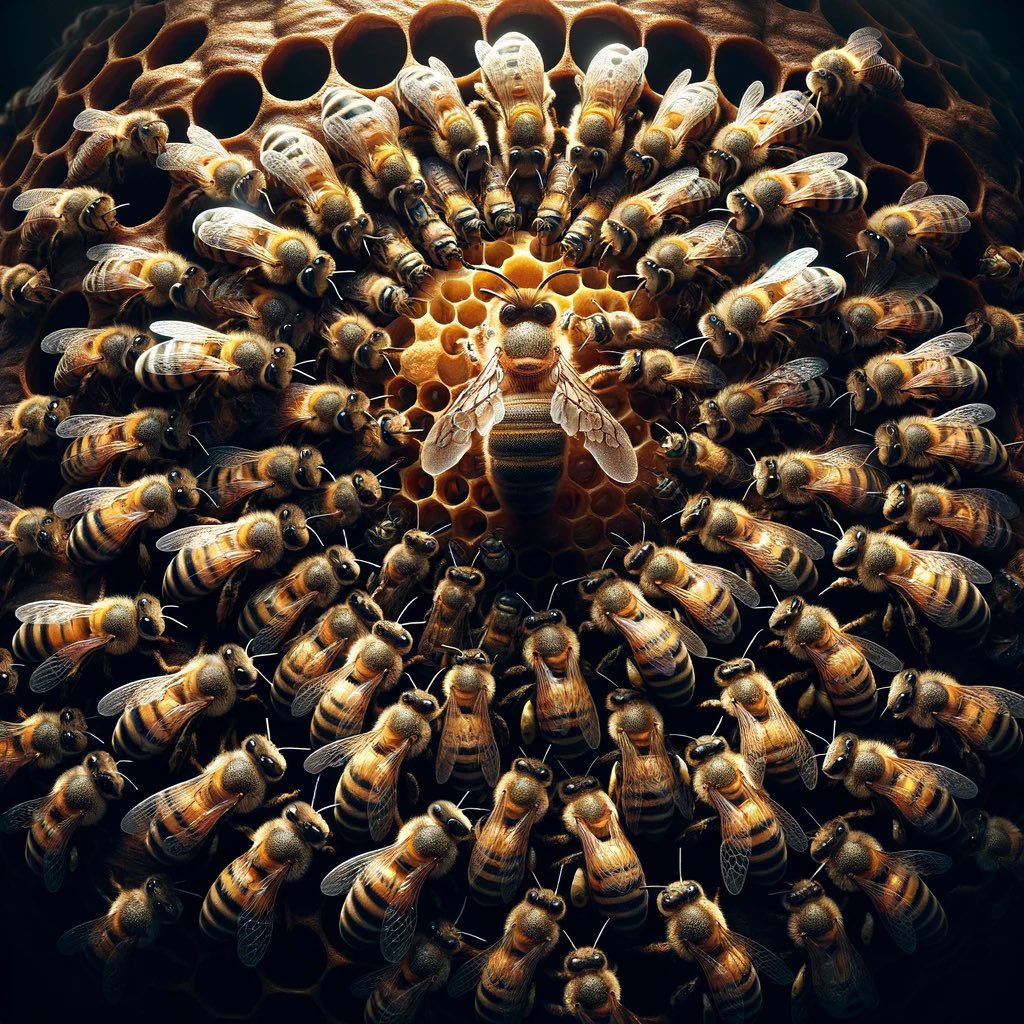|
Getting your Trinity Audio player ready...
|
Writes Nhau Mangirazi
Beekeeping is renewing forests in Zimbabwe as part of biodiversity aimed at community development, an official said last week.
Zimbabwe Forestry Commission assistant entomologist, Leon Tshuma, made the remarks last week on Friday during a meeting facilitated by the Africa Wildlife Foundation on Zimbabwe Biodiversity Economy report dialogue series on Opportunities for Youths in Forestry, Fisheries, Bio prospecting, and Bio trade.
He explained that beekeeping is the art, business, and science of rearing bees for the production of honey, beeswax, and propolis.
’’Beekeeping projects offer sustainable solutions to traditional practices of beekeeping and offer a livelihood option that is friendly to the environment. Bees play an important role in the pollination of many flowering plants and crops and therefore promote agriculture,’’ said Tshuma.
He further explained that beekeeping continues to prop up forest revival.
‘‘Beekeeping promotes forest conservation because the practice is only sustainable in the presence of well-conserved forest that provides bee forage,’’ added Tshuma.
In Manicaland province, apiculture groups include Priston, Holland, and Makoni Beekeepers among others.
‘‘Beekeeping is part of biodiversity that can be defined as the variability among living organisms and the ecological complexes of which they are part. This includes variation within species, the diversity of species within ecosystems, and the diversity of ecosystem types in nature. Biodiversity underlies the provision of ecosystem services that make a critical contribution to human well-being,’’ said Tshuma.
He further explained that youths stand a good chance to benefit from beekeeping projects.
‘‘Through Youth-led Biodiversity Conservation Advocacy groups/organizations, young people get to meet, link up, and build social capital to be invested in the future. These Biodiversity Conservation Advocacy groups/organizations also have an opportunity to benefit from local and global funds or grants for ecosystem restoration, and biodiversity conservation programs in the Ministry of Environment Youth desk, among others,’’ said Tshuma.
Zimbabwe’s National Development Strategy 1 for 2021-2025 (NDS I) recognizes the strategic importance of biodiversity to socio-economic development, and the country is looking to develop its biodiversity economy as a means of contributing to its goals of achieving middle-income status by 2030 and following a greener growth path.
The government investment blueprint and framework for natural capital accounting is aimed at using natural resources to boost the economy.
However, there is limited understanding of the value of biodiversity among policymakers, investors, civil society, and private sector players, partly because Zimbabwe has not had comprehensive information about the contribution of nature
to the country’s economy. Africa Wildlife Foundation country director Olivia Mufute said the engagement with youths is a welcome development for future generations.
‘‘Youths are part of the huge population globally and we support them as part of African leadership, ” she said.
Prof Prosper Matondi, the Permanent Secretary for the Ministry of Environment, Climate and Wildlife said the report will help the government and key stakeholders to shape the economy through natural resources.
‘‘The ZBE study gives hope that the protected areas have the potential to realize and grow sustainable revenue. This is an asset that can contribute significantly to the safeguarding of biodiversity while generating revenue through nature-based tourism and providing employment opportunities to the country’s population. The protected areas have also contributed to global development,’’ he said.
Zimbabwe boasts of an extensive protected areas network pegged at 28.2% of the country.
The inaugural ZBE report was launched early this year seeking to uncover the contribution of biodiversity and to ensure it is mainstreamed in development planning and national accounting frameworks.
Nhau Mangirazi can be contacted on [email protected]






